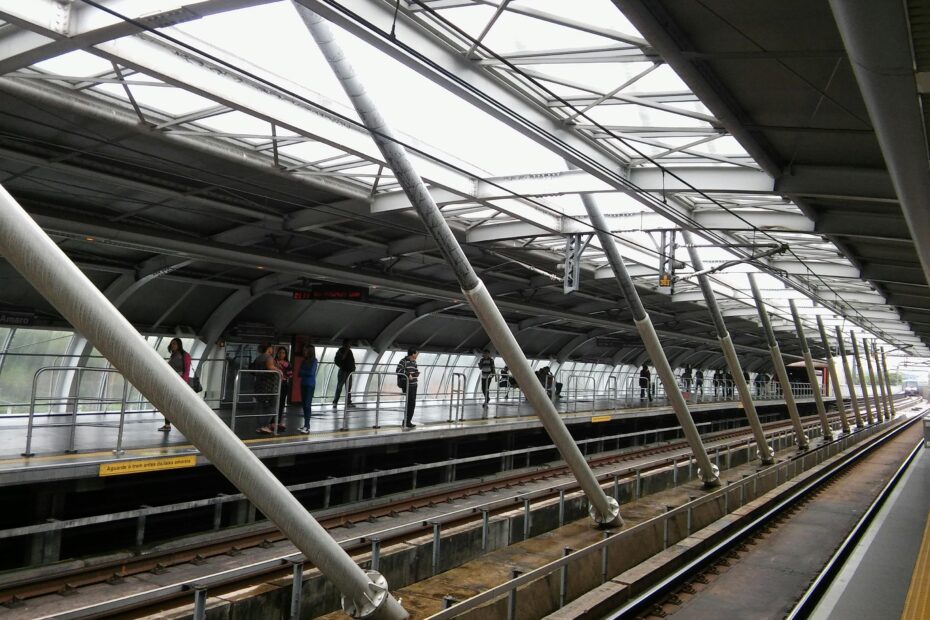The first of an exploration of the UK’s neglected periphery by Andrew Climo. The opinions expressed here are the author’s and do not constitute Cornish Democracy’s editorial position.
HS2, or rather its failure as a truly national infrastructure project, has exposed a huge lack of commitment by central government to the well-being of Manchester or Leeds, or the North, and indeed anywhere outside the ‘core’ London economic zone. This is something that has been long recognised in Cornwall, a region and mini-nation that has been arguing for semi autonomy for the best part of a hundred years.
There is a basic logic, at least outside the UK, that peripheral regions perform far better when they get to design their own systems and policies, and the converse, is that those without it, typically won’t get to set priorities or get a fair crack at the funding pie. However, the UK stubbornly resists any such common sense, and instead insists on a policy of what might be termed neglectful micro-management.
You don’t need to go as far as Cornwall to see the completely daft effects of our centralised politics and open favouritism towards the capital. Remember the fanfare of ‘Electrification of the GWR mainline’ that was supposed to provide efficient transportation to Bristol, Cardiff and Swansea? Well, although the line to Cardiff was electrified, Bristol, Bath, Oxford, and Swansea never achieved electrification and the rest of the programme was cancelled. Sound familiar? What happened to Northern Rail (HS3)? Also killed off. The same is true of dozens of new hospital, school, or other infrastructure projects.
It is almost as if government has some form of attention deficit disorder and it loses interest the further one moves from London. So, government is super keen in London, fairly enthusiastic in the Southeast, starting to lose interest by the time you get to Birmingham, Bristol, Cambridge or Milton Keynes, pretty indifferent by the time it reaches Manchester, Leeds, or Exeter, and positively somnolent by the time it reaches the more distant periphery.
Thus, lacking any interest at this point, although needing to give the appearance of governing, central government would far sooner wrap up all issues of Cornish governance within a mega-administration in Bristol or Exeter, rather than actually come up with a system that delivers an effective administration for Cornwall. At this point one needs to remember that Bristol and Exeter are 200 and 120 miles away respectively from Penzance, for example.
It’s a crazy way to govern: It’s like making Norfolk an administrative part of London (114 miles), or making Bristol part of the West Midlands (100 miles). In fact it’s such an insane idea it’s almost impossible to believe anyone would propose or implement it. It doesn’t work, never did, and never will. The distances are simply too great, and the priorities too different and diverse.
Now it is clearly preferable, if one is an administrator, to wrap up anywhere South of Bristol’s own hinterland in a single unit, and it suits the organisations concerned to have a big footprint, since big budgets and influence flow from it. Obvious examples that have grown in scale but not necessarily effectiveness are the Police, Ambulance Service, central government departments, utilities and transport bodies. Internal needs or preferences should never drive organisational design. This seems obvious, and is a principle deployed extensively in the private sector, yet perversely this does not seem to apply when it comes to Cornwall and its governance.
Furthermore, being far from London, Cornwall gets no ‘London’ economic effect, no ability to define policy, almost no resources, and no say in how services are delivered. Cornwall is unique in being such a huge territory having only one general hospital. Thus, Plymouth got its hospital, and then government lost interest, leaving everywhere West of there with just the one hospital. One can imagine a Sir Humphrey musing, “Well minister, as a minimum we must give them a general hospital, even if we know they really should have two or threee.” It would be comedic, if it was not such a serious issue. It’s not only about having one hospital for 570,000 people, or that the Police and Crime Commissioner’s post is based in Exeter 120 miles from Penzance, apparently serving Devon and Cornwall as an afterthought, or that there is still no full-sized University headquartered on Cornish soil. The problem is the strategy that sees peripherality as a justification for stripping away all and every aspect of decision-making and relocating it somewhere ‘more central’ (should that read ‘more important’?). There is no Plymouth effect, no Exeter or Bristol effect either. As it turns out, Cornwall’s economic strength comes purely from within, and as we’ve seen from Cornwall’s Objective One, when it does it for itself, things start to improve, sometimes hugely.
But it is not just a Cornish problem, and the way Cornwall is governed is the epitome of everything that is wrong in UK governance: The basic tenet that the further you go from London, the inherently less valuable it is perceived at the centre, and the more it can be neglected, although ironically the more it should be micro-managed for the meagre services that are provided. In the UK, being ‘peripheral’ means being taken for granted, and in a very real sense being treated electorally as second-class citizens. It means dying younger, being less prosperous, and having fewer educational or professional opportunties. The further from London you are, the further down the pecking order you are. At the bottom of this pecking order is the place the furthest away – and that’s Cornwall.
This is very much a British disease, is not normal, not sensible in the slightest and needs excising. In the next article in this series, we will examine how, in other European states, peripherality is associated with greater freedoms than typically found at the centre, which is the reverse of the UK experience, and how, as a result, greater economic prosperity flows.
